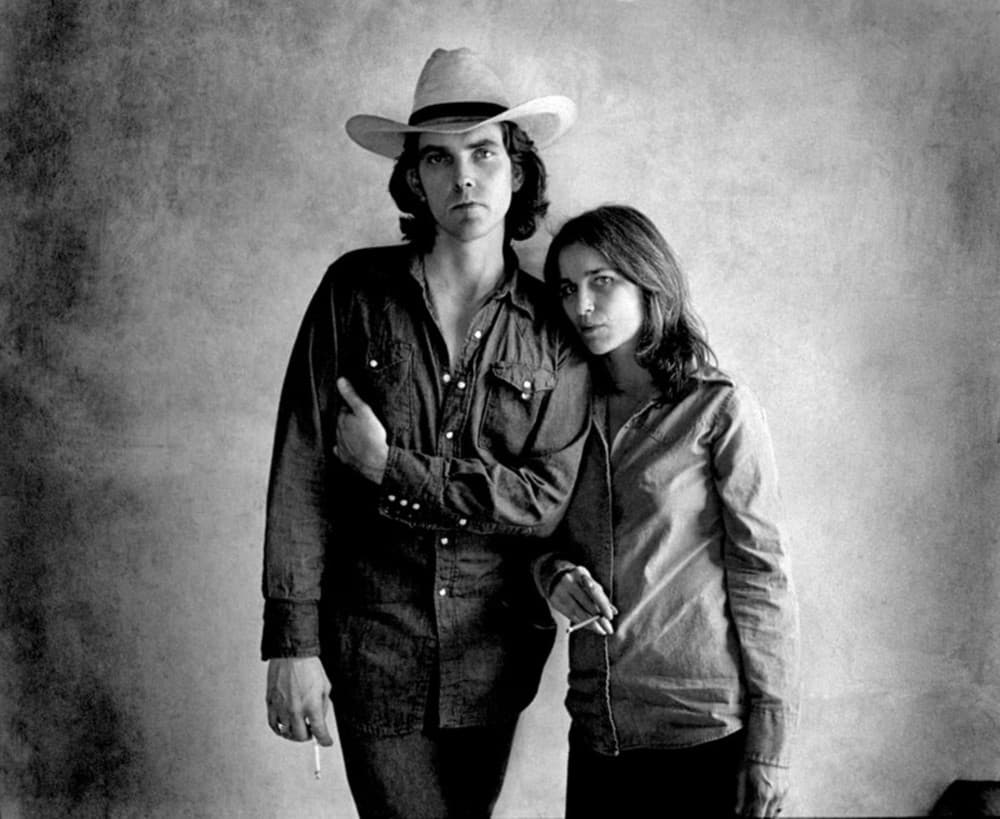
A Dusty Ode to Resilience: Guy Clark’s “Desperados Waiting For A Train”
Guy Clark’s “Desperados Waiting For A Train” is a poignant ballad about aging, memory, and the enduring spirit of the American West, told through the lens of a grandfather’s reminiscences. While not a chart-topping single upon its initial release, the song has become a timeless classic, a staple of Clark’s repertoire, and a touchstone for generations of songwriters and fans of Americana music. It’s a song that resonates deeply with those who’ve seen a bit of life, who understand the weight of years and the beauty of cherished memories.
Ah, the dusty plains, the setting sun, the whisper of wind through tall grasses… these images are conjured with an almost tactile clarity in Guy Clark’s evocative storytelling. “Desperados Waiting For A Train,” more than just a song, is a vignette, a snapshot of a life lived, a story passed down through the generations. It’s a song that speaks to the heart of the human experience, the universal longing for connection and the bittersweet acceptance of time’s relentless march. Released on his seminal 1975 album, “Old No. 1,” this track, though not a commercially driven hit in the traditional sense, has become an enduring anthem of the American spirit, a quiet masterpiece that has grown in stature and significance with each passing year.
The song tells the story of a grandfather, a man weathered by life’s trials, recounting his youthful adventures, his “desperado” days, to his grandson. These aren’t the desperados of Hollywood legend, the gun-slinging outlaws of dime novels. Clark’s desperados are the ordinary folk, the dreamers, the wanderers, those who dared to chase a different horizon. They’re the men and women who carved out a life in the vast expanse of the American West, facing hardship and uncertainty with a quiet grit. The train, in this context, becomes a powerful metaphor. It represents not just a mode of transportation, but also the passage of time, the journey of life itself. These “desperados” aren’t necessarily waiting for a literal train; they’re waiting for their moment, for their chance, for the culmination of their dreams, or perhaps, for the inevitable end of the line.
The beauty of Clark’s songwriting lies in its simplicity and its profound emotional depth. He paints vivid pictures with his words, creating characters that feel real and relatable. The grandfather in “Desperados Waiting For A Train” isn’t a larger-than-life hero; he’s a flawed, yet admirable figure, a man who has lived, loved, and learned. He shares his stories not with a sense of boastfulness, but with a gentle wisdom, a desire to impart the lessons he has learned to the next generation. He’s offering a glimpse into a world that’s quickly fading, a world where the values of hard work, resilience, and community still hold sway.
For those of us who remember a time when life seemed a little slower, a little simpler, “Desperados Waiting For A Train” evokes a powerful sense of nostalgia. It takes us back to our own childhoods, to the stories we heard from our grandparents, to the feeling of sitting at their feet, listening to their tales of bygone days. It reminds us of the importance of family, of tradition, and of the enduring power of memory. The song’s melancholic melody, coupled with Clark’s understated vocals, creates an atmosphere of intimacy and reflection. It’s a song best listened to late at night, perhaps by a crackling fire, with a glass of something warm in hand. It’s a song that invites us to contemplate our own lives, our own journeys, and the legacy we will leave behind.
“Desperados Waiting For A Train” is more than just a song; it’s a testament to the enduring power of storytelling. It’s a reminder that even in the face of change and uncertainty, the human spirit can endure. It’s a song that resonates with the soul, a timeless classic that will continue to touch the hearts of listeners for generations to come. It’s a quiet masterpiece in the vast landscape of American music, a dusty ode to resilience, memory, and the enduring spirit of the West.